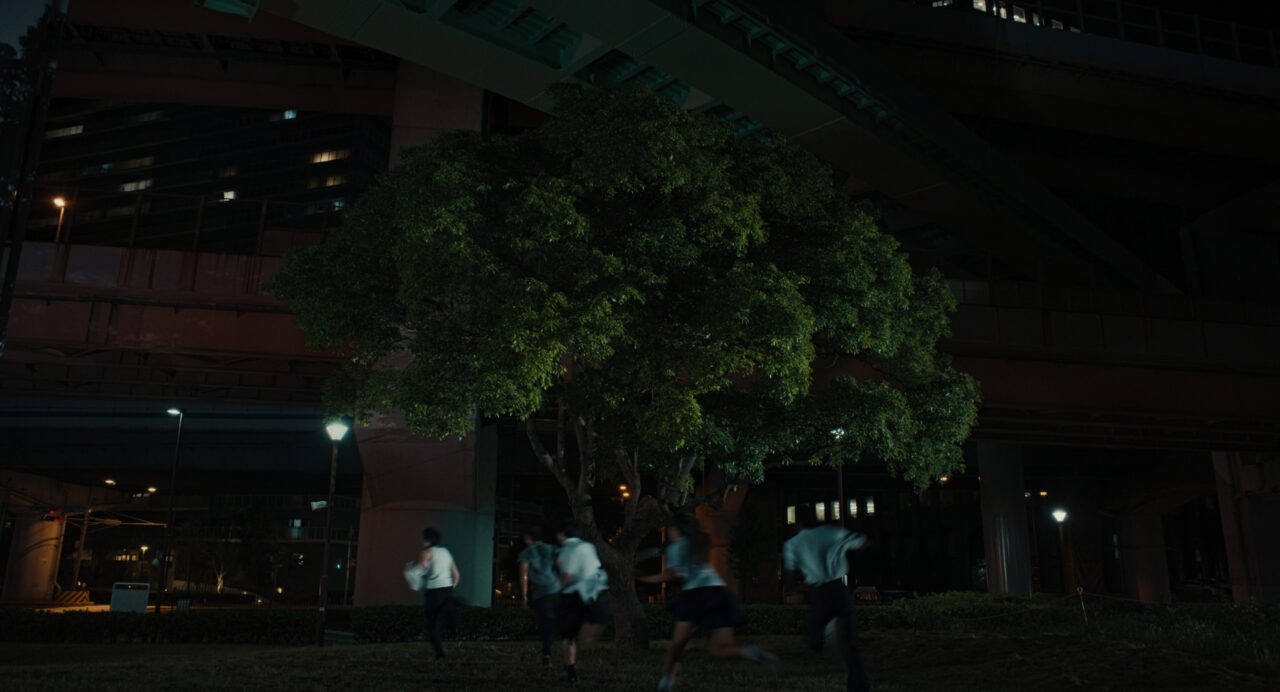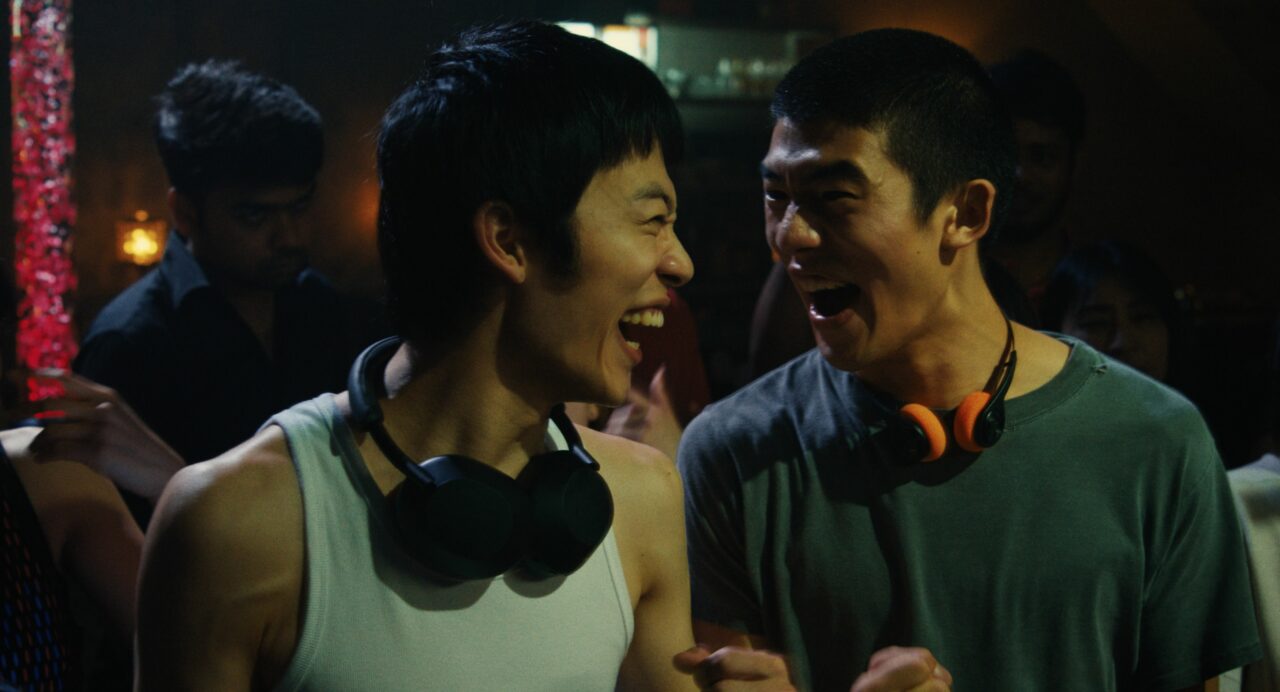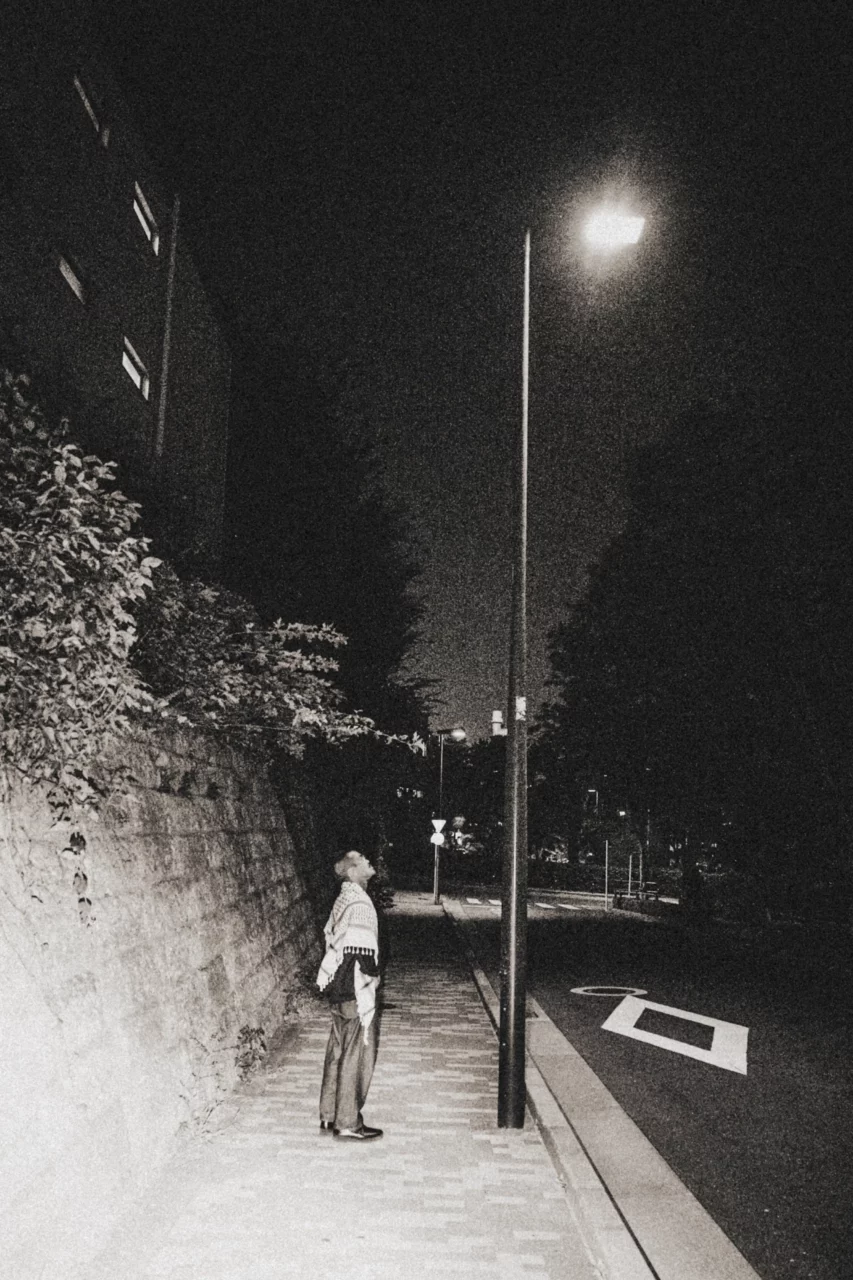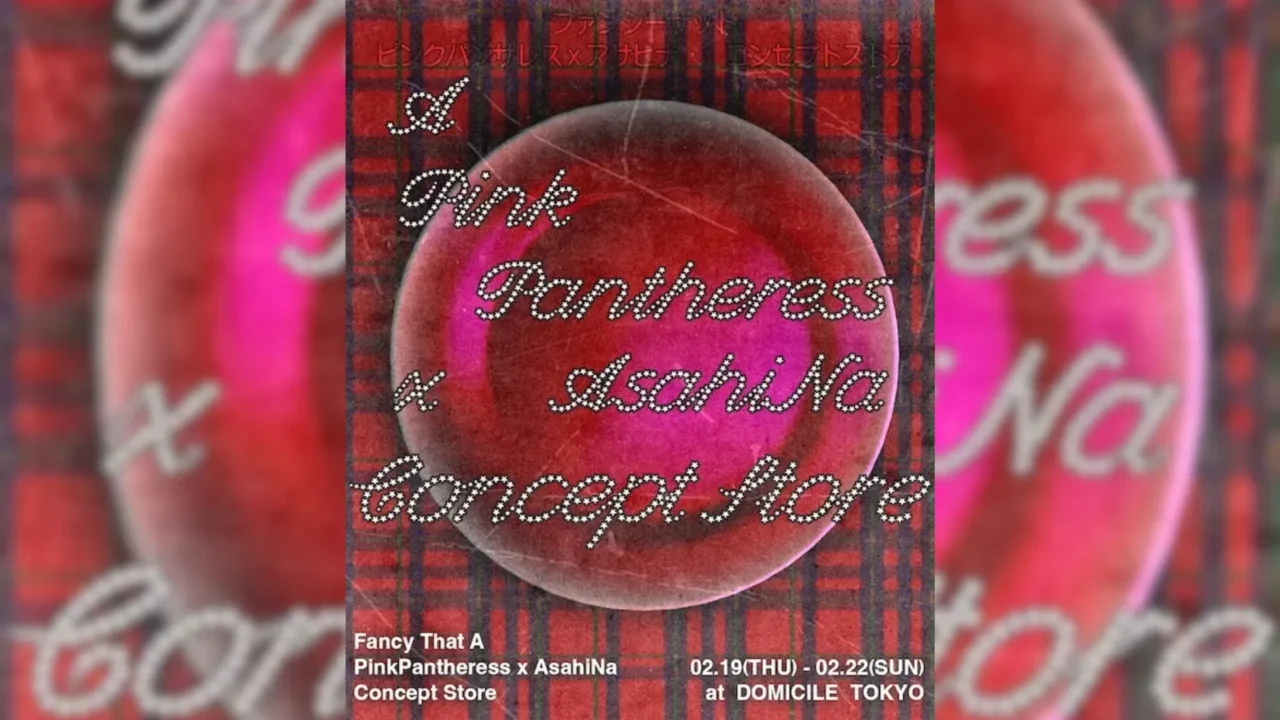INDEX
Anger as a Sign of Affection
In ‘HAPPYEND,’ there are repeated small acts of rebellion and resistance, such as taking off their school uniforms to enter a club. The scene where a single tree is shown after the protagonists have run away also feels like a rebellion against large corporations that continue to cut down trees for profit, and I really appreciated those kinds of details.
Sora: Thank you.

Editor Yamamoto: Speaking of rebellion and resistance, one thing that really stood out to me in this film was how techno music was used symbolically. I loved how ‘HAPPYEND’ naturally incorporates techno as a “music of resistance” in a coming-of-age film.
Sora: Techno was created by Black residents of Detroit during the economic recession following the decline of the auto industry. They made the music to keep themselves dancing. Hip-hop, rock, and many music genres are deeply connected to Black culture in some way, and techno is no different. There’s a strong sense that we borrowed from music created for liberation.
In Japan, there’s this otaku-like quality where people masterfully adopt techno, hip-hop, and rock, but it’s often severed from its original political context and transformed into a mere commodity for consumption. That’s something I find really disappointing. I’d rather see people inherit the spirit behind the music instead.
Editor Yamamoto: In ‘HAPPYEND,’ the characters embody the spirit of techno. What really moved me was how Yuta and Kou take a DIY approach and create their own party space, for themselves and by themselves.
Sora: That’s the true spirit of techno and direct action.

I think it takes a lot of courage to translate feelings of resistance and rebellion into action, which is why we need to prepare ourselves in our daily lives.”
Sora: Being aware of past instances of resistance and rebellion can also be empowering. For example, I really like the story about a bench in Tennessee. The city removed the bench because homeless people were sleeping on it. An artist, thinking, ‘That’s just wrong,’ placed a beautifully painted bench where anyone could sit, without asking for permission. Naturally, the city tried to remove it, but when a video of this situation was made, citizens protested, asking, “Why are you removing it? It was such a beautiful bench!”
I think this is, in a sense, a very revolutionary event. It shows that individuals act not because they were asked to, but because they believe it’s necessary.
Growing up in a culture where ‘obediently following rules makes you a model student,’ it’s easy to have a negative view of those who resist and rebel. However, as seen with the bench example, there are often legitimate desires behind such actions. When I saw Sora receiving applause at the Venice International Film Festival while wearing a Palestinian flag pin and a keffiyeh (a traditional Palestinian scarf), I felt encouraged by both his actions and the reactions they provoked.
Sora: I participate in many demonstrations in Japan, and sometimes I hear people mutter, “That’s scary.” I can understand that for someone who isn’t grasping the situation, a group shouting in the streets might seem frightening.
However, if they came even once and listened to what we’re saying, they’d realize that those people are some of the kindest around. If they weren’t kind, they wouldn’t sacrifice their precious time to stand on the street every day in the scorching summer, shouting “Don’t kill children.”

Sora: I believe that those who demonstrate for Palestine are some of the kindest people. It might be similar to the idea that anger is a form of love; the fact that they shout comes from a place of love and kindness, and I want more people to understand that.
Also, I mentioned earlier that I want to know various emotions, but I no longer want to see videos of the massacre of Palestinians that flow across my phone screen. While I can turn off my phone and distance myself from that reality, the Palestinians in Gaza have to continue living that reality. It’s unforgivable. I truly want the massacre to stop. That’s why I shout for it to end and take concrete actions to make it happen.
























